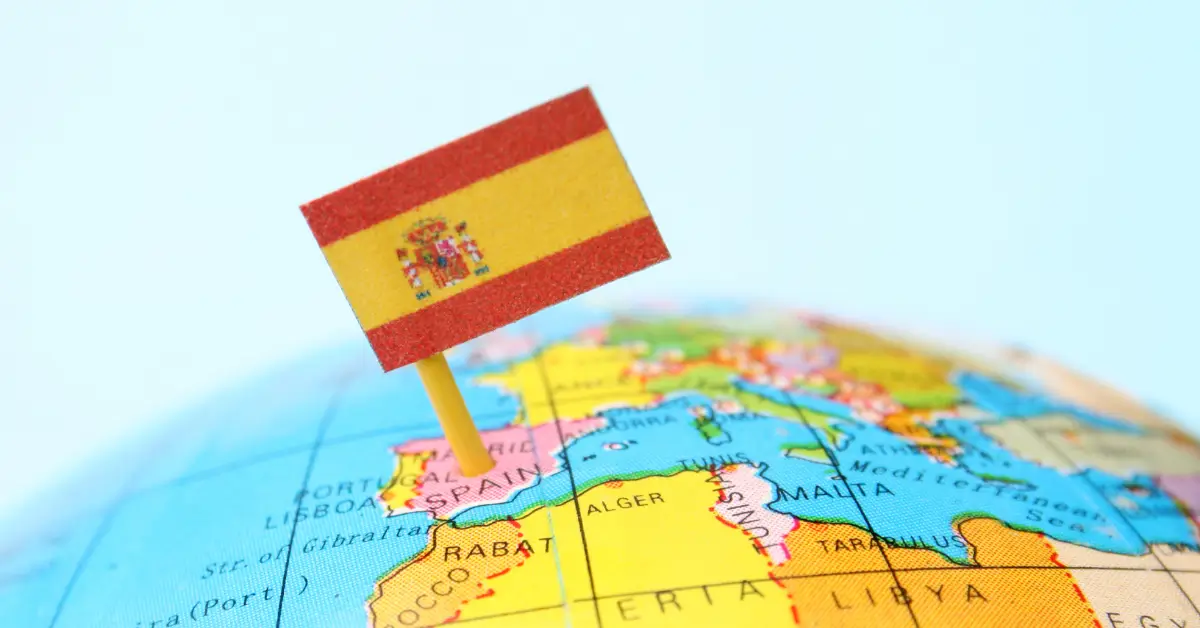
Hi, my name is José María Ruiz Castillo. I’m a lawyer and economist based in Granada, specializing in helping expats with their legal and financial matters in Spain. Every year, many expats face the daunting task of filing their Spanish income tax return, known as Modelo 100. It is important that you, as an expat, […]
Happy clients
Experience
Masters degrees
Hi, my name is José María Ruiz Castillo. I’m a lawyer and economist based in Granada, specializing in helping expats with their legal and financial matters in Spain.
Every year, many expats face the daunting task of filing their Spanish income tax return, known as Modelo 100. It is important that you, as an expat, understand the what, how, and why behind Modelo 100, and this is what I intend to do with this article.
Modelo 100 is the form used to declare your personal income tax, referred to as IRPF or Impuesto sobre la Renta de las Personas Físicas, in Spain.
Modelo 100 is an annual tax return that Spanish residents must file to declare their worldwide income. This means that as a tax resident in Spain, you must report all of your income, regardless of if you earned it in Spain or abroad.
With Modelo 100, you need to declare different types of income, including:
Don’t forget that your worldwide income is subject to the Spanish income tax, not just the income you earned in Spain.
If you are a tax resident in Spain, you are generally required to file Modelo 100 if you meet the following income thresholds:
However, there are exceptions to these rules. For example, pensioners who receive income from a single source may not be required to file Modelo 100 if their income is below the relevant threshold.
Spain operates a progressive tax system, where tax rates increase if your income rises. These rates vary across the country based on the autonomous region you may be living in. For example, residents in Madrid may have different tax obligations compared to those in Catalonia or Andalusia.
Understanding the regional variations in tax rates is important, especially for expats who may move between regions. Each autonomous region sets its own regional tax rates, which are combined with national tax rates that will determine your overall tax liability.
Staying informed about these regional differences can help you anticipate your tax obligations and avoid surprises when filing Modelo 100.
Additionally, it’s worth noting that Spain’s progressive tax system applies marginal rates to different portions of your income, ensuring that higher earners contribute a larger share of their income in taxes. For 2025, these national income tax brackets range from 19% for incomes up to €12,450 to 47% for incomes over €300,000, with regional adjustments on top of these rates.
You can file Modelo 100 for the 2024 tax year between April 2nd and June 30th, 2025. However, if you choose to pay by direct debit, the deadline is earlier, on June 25th, 2025.
These dates apply whether you file Modelo 100 online, by phone, or in person, with specific start dates for each filing method:
Penalties can be applied if you file Modelo 100 late or provide incorrect or incomplete information. The specific penalties depend on the nature of the error and whether you voluntarily correct it before being notified by the tax authorities.
The Spanish government continues to enforce stricter compliance measures, including penalties for underreporting income or failing to declare worldwide income. The statute of limitations for tax infractions remains at four years, during which the tax authorities can audit your personal situation and impose penalties.
Keeping detailed records of your income and deductible expenses throughout the year will simplify the filing process. Your records should include all relevant documentation, such as salary slips, bank statements, investment records, rental income documentation, and receipts for deductible expenses.
Filing your tax return doesn’t have to be stressful. By understanding your obligations, keeping accurate records, and knowing the deadlines, you can stay compliant with Spanish tax regulations.
If you need legal assistance or help with filing Modelo 100, or any other legal or financial matter related to your expat status, contact me. I can guide you through the process and provide the legal and tax assistance you need.







